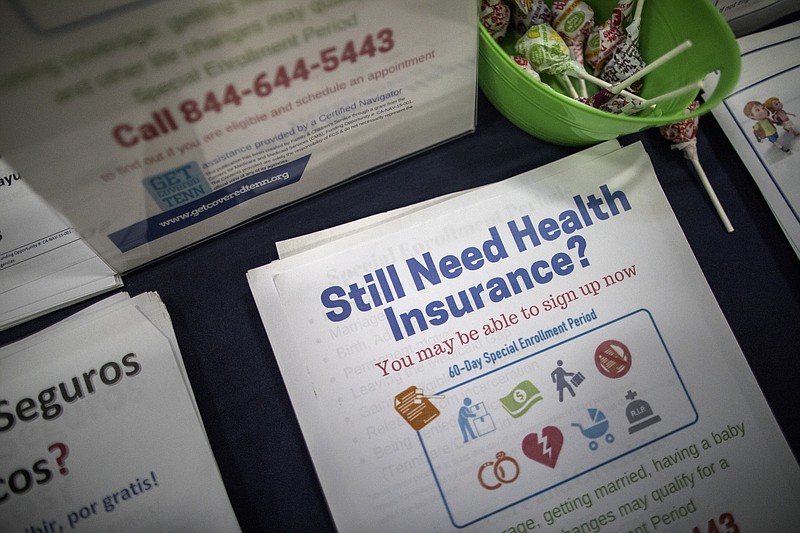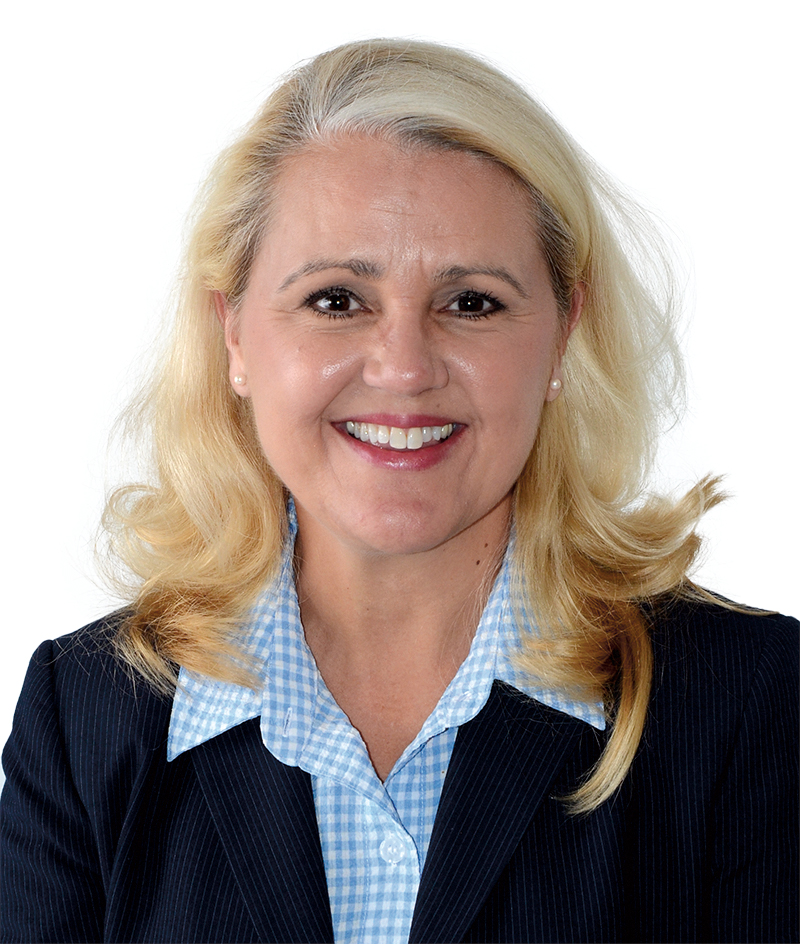A few words and phrases used in the public vocabulary need to be revisited for accuracy, especially considering the consequential policy and heated rhetoric that may accompany them.
"Health care" describes a service sought by all yet, in public discourse, it's too often misappropriated when health insurance would be much more accurate.
When someone receives health care, it should be a patient receiving an assessment, procedure, surgery or an examination that is aimed at reducing symptoms, treating a disease or malady or, even better, movement toward a state of mental and physical wellness through prevention. Instead, health care has been hijacked by the status of either possessing or lacking a card that identifies the decision-making health insurance company which offers drug formularies, a list of approved or unapproved medical services and/or preventative services. Health care, in the public debate, is now about having health insurance, not access to medical or preventive services.
It matters. When literally, not figuratively, trillions of Americans' tax dollars and individual premium payments are paid to a third-party to make health care decisions, instead of from a patient to a doctor, the debate is no longer about health "care" but, instead, about who holds an insurance policy that may or may not actually cover payment of certain services and actual care.
Another term, "public education" has a similar reputation. While in its authentic use, public education speaks to the process of receiving and giving systemic instruction, which is available to people, such as in a community, run by a local government entity. Public education, like bona fide health care, serves a public good because it generates a valuable outcome. However, like the 2017 version of health care which is the possession of a health insurance policy, now, public education is not about the valuable outcome - the educated and prepared student - but about the decision-makers, the bureaucracy and the process that directs funding.
Ironically, two of the most important aspects of our lives, health care and public education, are entrusted to the federal government with few personal or local control of decisions, metrics of success and funding decisions that offer more accountability, higher expectations and better outcomes.
If Apple Inc., the world's leader in consumer electronics such as the iPhone, iPad and other devices and computers over the last four decades, had not been a private company driven by innovation, competition and quality products and, instead, was a government agency, how fast do you think new products and advancements would be in the hands of consumers? Do you think Apple products would be more or less costly and more or less technologically advanced if Apple had been funded by taxpayer dollars and subsidies with the government's web of bureaucracy?
Two points of agreement for all: We absolutely need good health care and good public education. Those who devote their lives to these critical areas of our society - doctors, nurses, all health care workers along with teachers, principals and school employees - are often cogs in wheels that turn under the pressures of politics and the power of interests which don't reflect those of a patient's appropriate care and a child's preparation for the future. Too often, both health care and public education are hobbled by bureaucracies.
Let's be mindful that health care's costs will come down when patients - the consumers - can see the prices of services and have greater power over their own care. Health care access will increase as prices decline. Likewise, public education will improve and show greater value as parents and students have options with teachers having more power over classroom decisions.
Robin Smith is a former Tennessee Republican Party chairwoman. She owns Rivers Edge Alliance.

